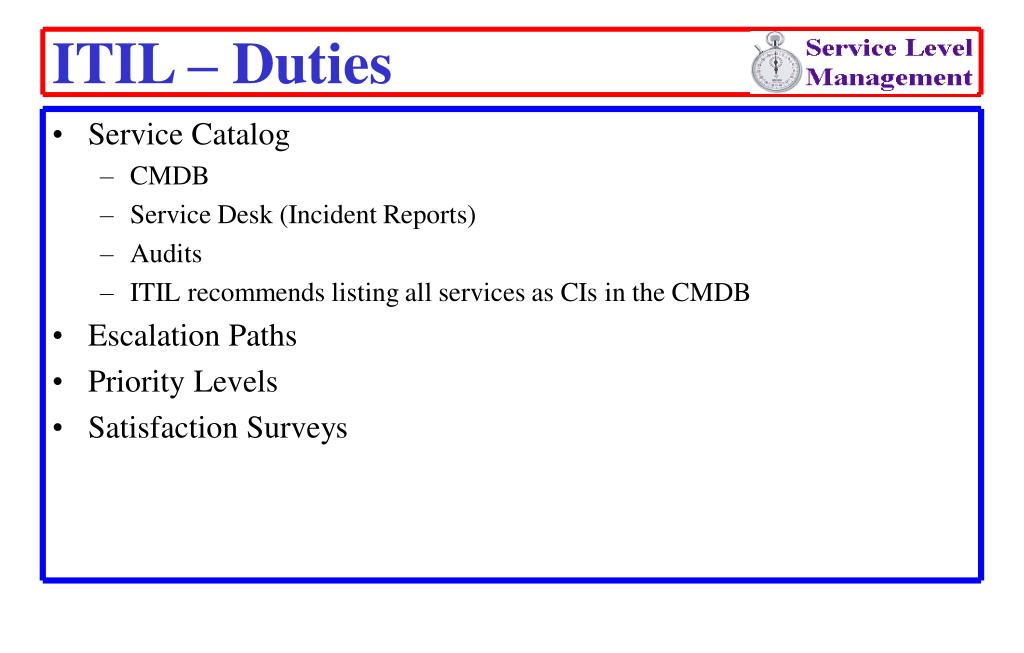

Understanding businesses makes me a better investor and understanding more about different types of investing investing makes me better at business. More more different types of business models I learn about, the greater my analytical edge can become. As another example of someone trying to gain an analytical edge, I like to understand the business models of as many businesses as I can. Sustaining the idea meritocracy universally in a company is difficult, even with computer facilitation, because (1) the number of connections grows with the square of the number of involved employees and (2) people are unwilling to accept that much unfiltered feedback all the time (human empathy evolved for a reason).

Ray Dalio has worked to create an analytical edge at Bridegwater with his “principles” including radical transparency. If you want to improve your analytical edge, read everything Mauboussin writes and hear him speak whenever you can. Wolfe and I are huge fans of the work of Michael Mauboussin. An informational advantage can also be found by reading what few other people read which I will talk about more in the next set of quotes.Īnalytical: Bill Miller view on this is: “Analytical advantages come from taking publicly available information and processing or weighting it differently from the others.” One way to generate an analytical type of edge is to focus on having a better investing process. In interviews Wolfe has talked about how his informational advantage often comes from his existing relationships with people and including board members of portfolio companies. Informational: Bill Miller has written that this type of edge “is the easiest to exploit and the hardest to find.” One method for acquiring better information is to have what Phil Fisher called a “scuttlebutt network” of people he could consult for advice or expertise. It is worth taking some time to discuss a few examples of each of the sources of edge identified by Wolfe. Get better information about an asset (an entrepreneur or technology), or the same information but sooner analyze that information differently in a way that leads to a novel conclusion (a variant perception) on the importance or magnitude or timing of the asset’s value or behave individually and as a team in a way that uniquely leads us to great assets (avoid herds and fads, seek what others don’t, venture out a limb as that’s where the proverbial fruit is). in Economics and Finance.ġ.“Edge is a key element of Lux’s investment philosophy: edge can derive from informational, analytical or behavioral sources. Before founding Lux, Wolfe worked in investment banking. He grew up in Brooklyn (Wolfe has many interesting stories to tell about his childhood in Coney Island) and graduated from Cornell with a B.S. The firm manages $1.4 billion in assets across five funds. Wolfe is the co-founder of Lux Capital, a venture capital firm which invests in emerging science and technology ventures.



 0 kommentar(er)
0 kommentar(er)
